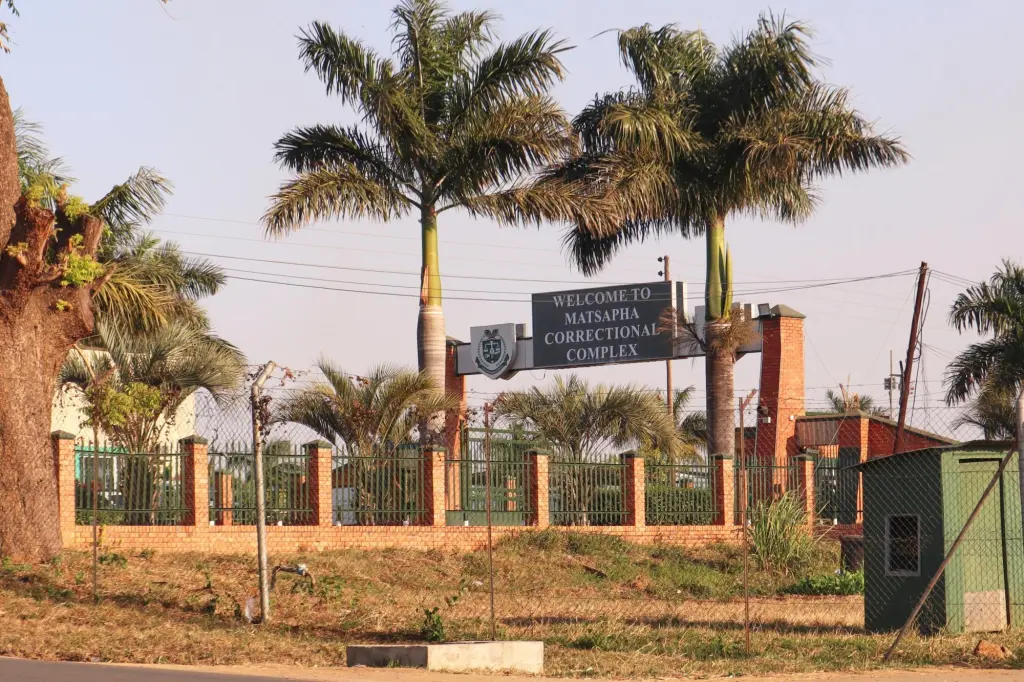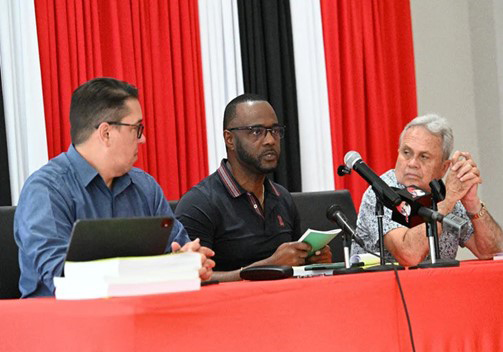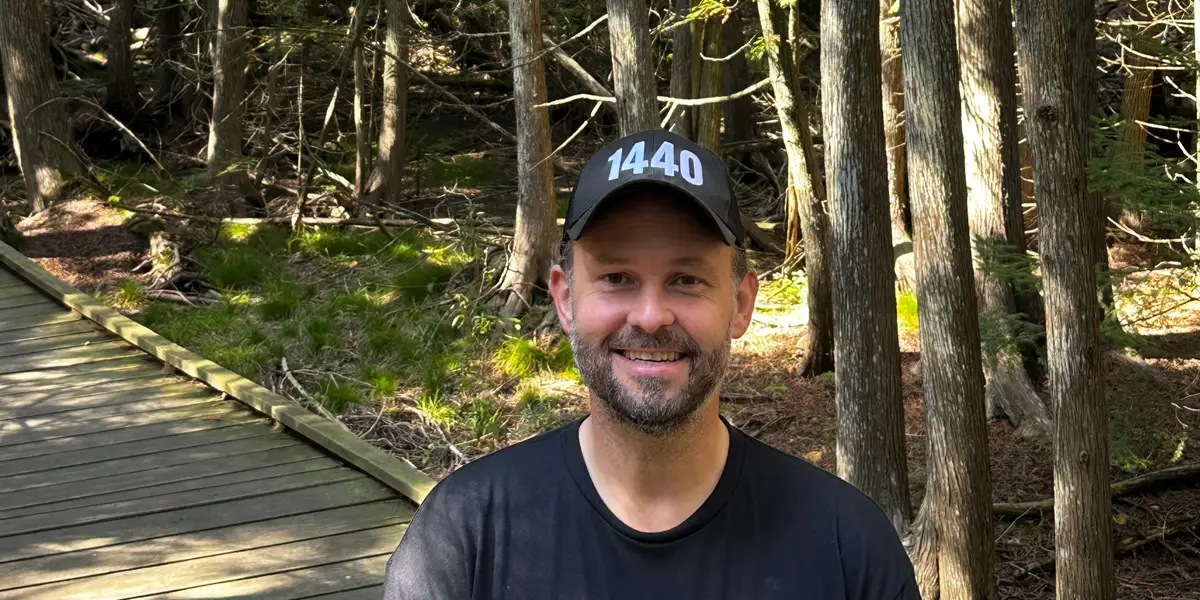Copyright St. Paul Pioneer Press

To place an obituary, please include the information from the obituary checklist below in an email to obits@pioneerpress.com. There is no option to place them through our website. Feel free to contact our obituary desk at 651-228-5263 with any questions. General Information: Your full name, Address (City, State, Zip Code), Phone number, And an alternate phone number (if any) Obituary Specification: Name of Deceased, Obituary Text, A photo in a JPEG or PDF file is preferable, TIF and other files are accepted, we will contact you if there are any issues with the photo. Ad Run dates There is a discount for running more than one day, but this must be scheduled on the first run date to apply. If a photo is used, it must be used for both days for the discount to apply, contact us for more information. Policies: Verification of Death: In order to publish obituaries a name and phone number of funeral home/cremation society is required. We must contact the funeral home/cremation society handling the arrangements during their business hours to verify the death. If the body of the deceased has been donated to the University of Minnesota Anatomy Bequest Program, or a similar program, their phone number is required for verification. Please allow enough time to contact them especially during their limited weekend hours. A death certificate is also acceptable for this purpose but only one of these two options are necessary. Guestbook and Outside Websites: We are not allowed to reference other media sources with a guestbook or an obituary placed elsewhere when placing an obituary in print and online. We may place a website for a funeral home or a family email for contact instead; contact us with any questions regarding this matter. Obituary Process: Once your submission is completed, we will fax or email a proof for review prior to publication in the newspaper. This proof includes price and days the notice is scheduled to appear. Please review the proof carefully. We must be notified of errors or changes before the notice appears in the Pioneer Press based on each day’s deadlines. After publication, we will not be responsible for errors that may occur after final proofing. Online: Changes to an online obituary can be handled through the obituary desk. Call us with further questions. Payment Procedure: Pre-payment is required for all obituary notices prior to publication by the deadline specified below in our deadline schedule. Please call 651-228-5263 with your payment information after you have received the proof and approved its contents. Credit Card: Payment accepted by phone only due to PCI (Payment Card Industry) regulations EFT: Check by phone. Please provide your routing number and account number. Cash: Accepted at our FRONT COUNTER Monday – Friday from 8:00AM – 3:30PM Rates: The minimum charge is $162 for the first 10 lines. Every line after the first 10 is $12.20. If the ad is under 10 lines it will be charged the minimum rate of $162. On a second run date, the lines are $8.20 per line, starting w/ the first line. For example: if first run date was 20 lines the cost would be $164. Each photo published is $125 per day. For example: 2 photos in the paper on 2 days would be 4 photo charges at $500. Deadlines: Please follow deadline times to ensure your obituary is published on the day requested. Hours Deadline (no exceptions) Ad Photos MEMORIAM (NON-OBITUARY) REQUEST Unlike an obituary, Memoriam submissions are remembrances of a loved one who has passed. The rates for a memoriam differ from obituaries. Please call or email us for more memoriam information Please call 651-228-5280 for more information. HOURS: Monday – Friday 8:00AM – 5:00PM (CLOSED WEEKENDS and HOLIDAYS) Please submit your memoriam ad to memoriams@pioneerpress.com or call 651-228-5280. By GERALD IMRAY, Associated Press CAPE TOWN, South Africa (AP) — A Cuban man deported by the United States to the African nation of Eswatini is on a hunger strike at a maximum-security prison having been held there for more than three months without being charged or having access to legal counsel under the Trump administration’s third-country program, his U.S.-based lawyer said Wednesday. Roberto Mosquera del Peral was one of five men sent to the small kingdom in southern Africa in mid-July as part of the expanding U.S. deportation program to Africa, which has been criticized by rights groups and lawyers, who say deportees are being denied due process and exposed to rights abuses. Mosquera’s lawyer, Alma David, said in a statement sent to The Associated Press that he had been on a hunger strike for a week, and there were serious concerns over his health. “My client is arbitrarily detained, and now his life is on the line,” David said. “I urge the Eswatini Correctional Services to provide Mr. Mosquera’s family and me with an immediate update on his condition and to ensure that he is receiving adequate medical attention. I demand that Mr. Mosquera be permitted to meet with his lawyer in Eswatini.” An Eswatini government spokesperson referred the AP, which requested comment, to a correctional services official, who didn’t immediately respond to calls and messages. Mosquera was among a group of five men from Cuba, Jamaica, Laos, Vietnam and Yemen deported to Eswatini, an absolute monarchy ruled by a king who is accused of clamping down on human rights. The Jamaican man was repatriated to his home country last month, but the others have been kept at the prison for more than three months, while an Eswatini-based lawyer has launched a case against the government demanding they be given access to legal counsel. Civic groups in Eswatini have also taken authorities to court to challenge the legality of holding foreign nationals in prison without charge. Eswatini said that the men would be repatriated, but have given no timeframe for any other repatriations. U.S. authorities said they want to deport Kilmar Abrego Garcia to Eswatini under the same program. The men sent to Eswatini were criminals convicted of serious offenses, including murder and rape, and were in the U.S. illegally, the U.S. Department of Homeland Security said. It said that Mosquera had been convicted of murder and other charges and was a gang member. The men’s lawyers said they had all completed their criminal sentences in the U.S., and are now being held illegally in Eswatini, where they haven’t been charged with any offense. The U.S. Department of Homeland Security has cast the third-country deportation program as a means to remove “illegal aliens” from American soil as part of U.S. President Donald Trump’s immigration crackdown, saying they have a choice to self-deport or be sent to a country like Eswatini. The Trump administration has sent deportees to at least three other African nations — South Sudan, Rwanda and Ghana — since July under largely secretive agreements. It also has a deportation agreement with Uganda, although no deportations there have been announced. New York-based Human Rights Watch said that it has seen documents that show that the U.S. is paying African nations millions of dollars to accept deportees. It said that the U.S. agreed to pay Eswatini $5.1 million to take up to 160 deportees and Rwanda $7.5 million to take up to 250 deportees. Another 10 deportees were sent to Eswatini this month and are believed to be held at the same Matsapha Correctional Complex prison outside the administrative capital, Mbabane. Lawyers said that those men are from Vietnam, Cambodia, the Philippines, Cuba, Chad, Ethiopia and Congo. Lawyers say the four men who arrived in Eswatini on a deportation flight in July haven’t been allowed to meet with an Eswatini lawyer representing them, and phone calls to their U.S.-based attorneys are monitored by prison guards. They have expressed concern that they know little about the conditions in which their clients are being held. “I demand that Mr. Mosquera be permitted to meet with his lawyer in Eswatini,” David said in her statement. “The fact that my client has been driven to such drastic action highlights that he and the other 13 men must be released from prison. The governments of the United States and Eswatini must take responsibility for the real human consequences of their deal.” Nokukhanya Musi contributed to this report from Manzini, Eswatini. Originally Published: October 22, 2025 at 8:05 AM CDT



